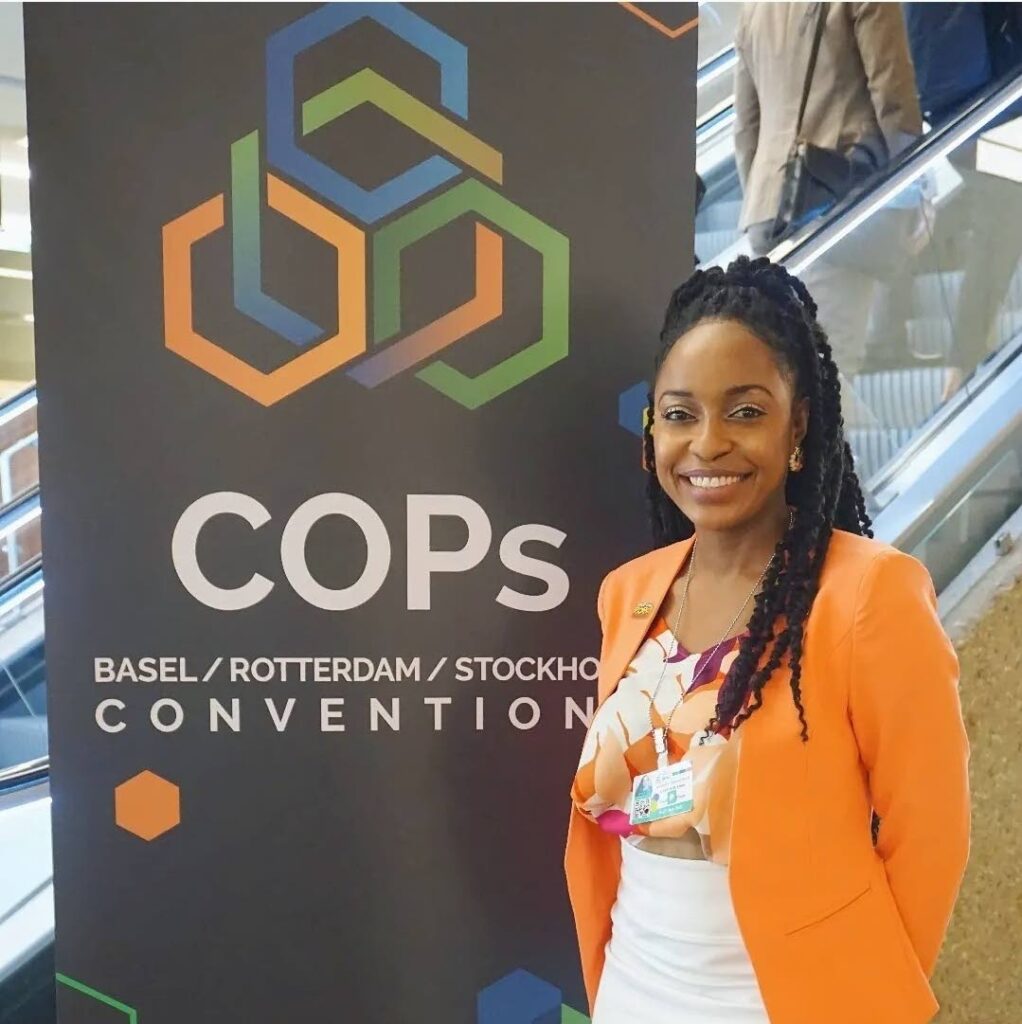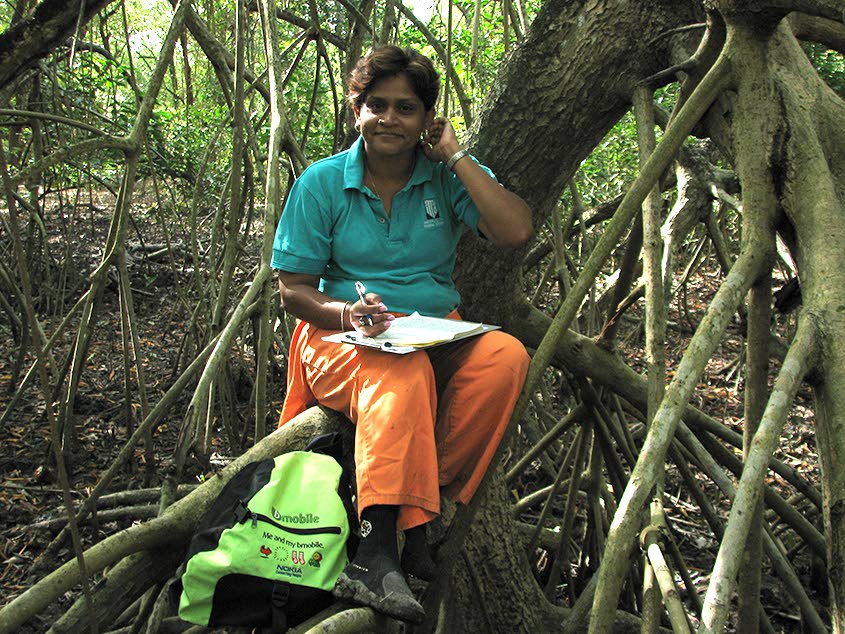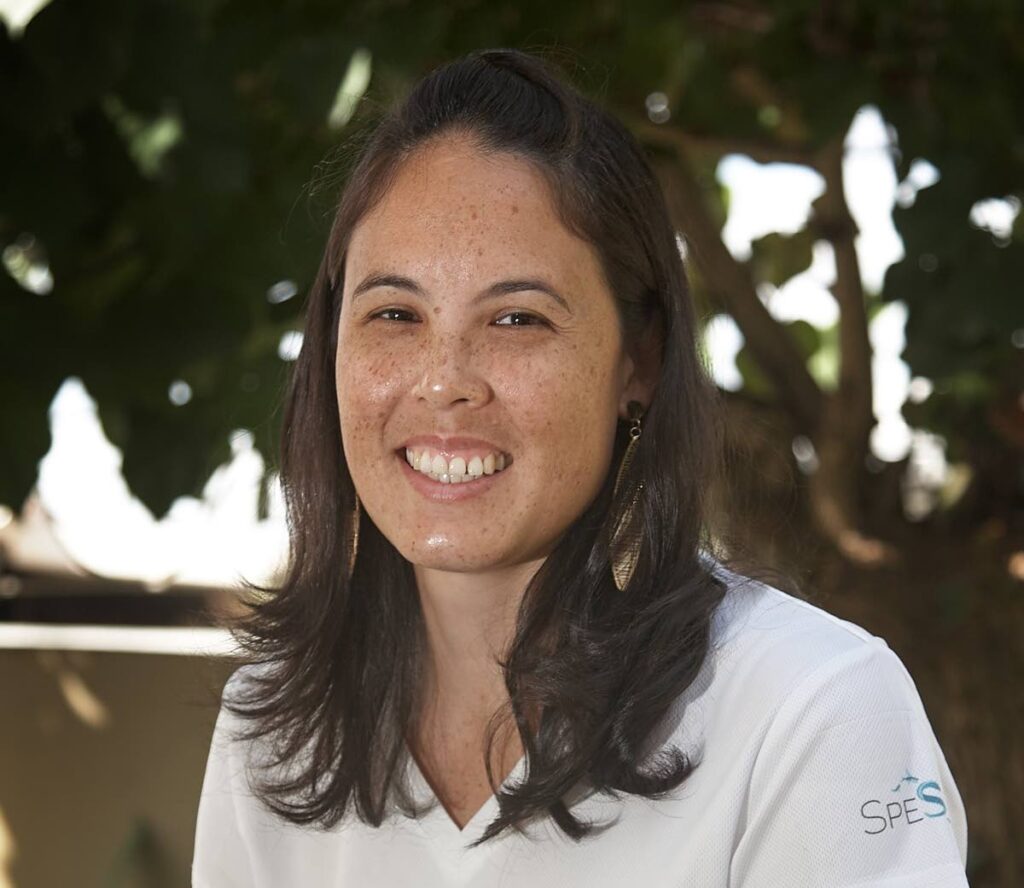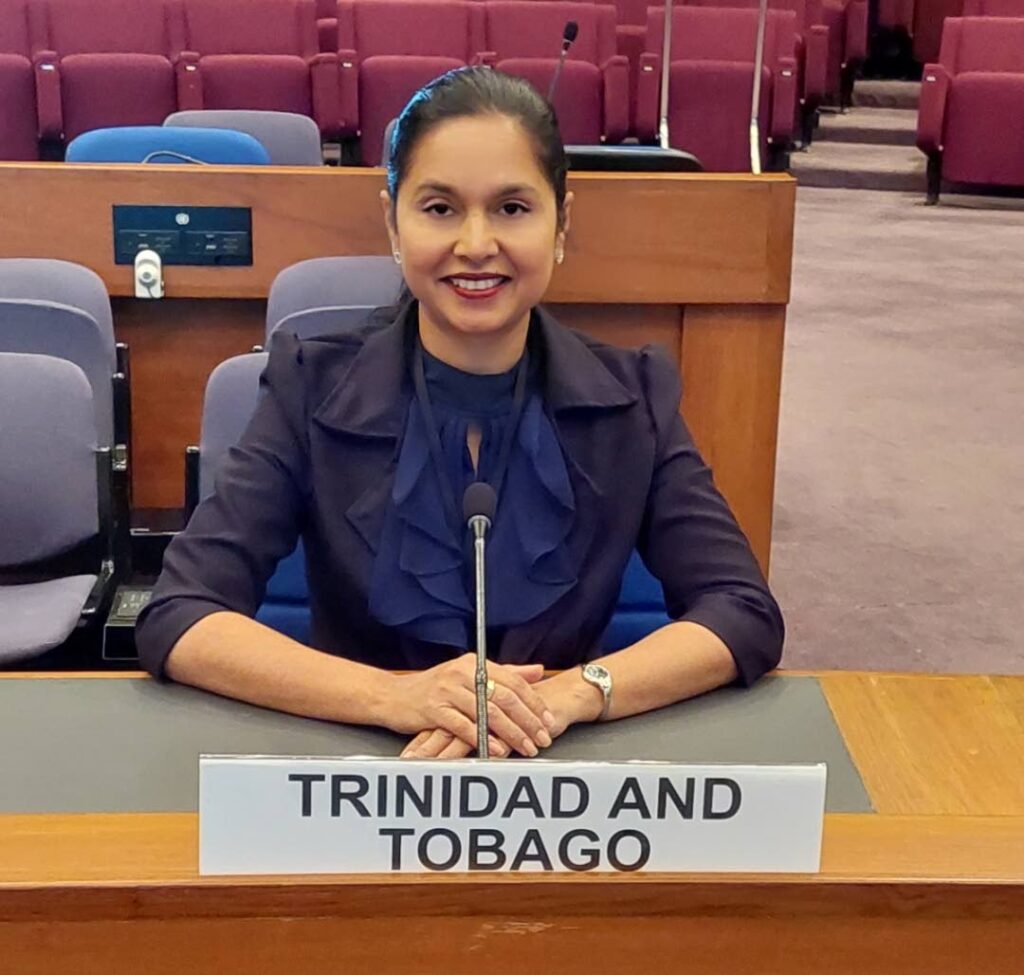Ministry of Planning celebrates women in science

As the world marked the International Day of Women and Girls in Science on February 11, The Ministry of Planning celebrated its researchers, scientists and policy-makers who, through their work in the fields of hazardous waste management, environmental policy development, multilateral negotiations, coral reef ecology, wetlands ecology, coastal zone management, biodiversity conservation and ozone management, among others, supported the ministry in placing the environment at the centre of social and economic development.
Some team members were asked to share one thing they wanted people to know about their area of expertise, and these were their responses:
Keima Gardiner, waste management specialist
Areas of expertise: hazardous waste management, environmental policy development, multilateral negotiation
What people should know about persistent organic pollutants (POPs):
“POPs are highly hazardous chemicals that pose a danger to human health and the environment. These "forever chemicals" are widespread and are found in household products, but also as far as the Arctic, remote mountains and deep ocean trenches. As chemical production increases so too are the threats. The good news is the global community is taking action and viable alternatives exist.”
Dr Lena Dempewolf, biodiversity specialist
Areas of expertise: pollination ecology, biodiversity, ecology, conservation
What people should know about pollination:
“Pollination is crucial for our survival. Pollination underpins every other ecosystem service, from crop production to deriving relaxation and spiritual values from nature. Pollinators are more than bees - flies, wasps, birds, lizards, mammals - many animals pollinate. What people may not know about bees is that most species are solitary, do not produce honey, live underground, and the vast majority are not yellow and black, but rather black, brown, green and even blue.”
Dr Rahanna Juman, acting director, Institute of Marine Affairs

Areas of expertise: wetlands ecology, coastal zone management
What people should know about mangrove forests:
“Our mangrove forests have been degraded over the years, and our poorest people live in these wetlands and depend on them for their livelihood. They are our fishers, crab catchers, oyster men and women. They live along the coast, sometimes clearing mangrove to build shacks. While they struggle daily to survive, most don't know how vulnerable they are to the impacts of climate change. They need healthy mangroves to help reduce risks from disaster, and to support their lives.”
Dr Anjani Ganase, research officer, Institute of Marine Affairs

Area of expertise: coral reef ecosystems
What people should know about Tobago’s coral reefs:
“While Buccoo Reef is the most famous reef in Tobago, biodiverse reefs line most of Tobago’s coast. We have about 42 species of reef-building coral species that provide homes for marine organisms. Unfortunately, ten of the common species are IUCN listed as critically endangered, while two species are endangered. Without active management and restoration strategies, we risk losing these precious corals.”
Dr Marissa Gowrie, deputy environmental manager/national ozone officer

Area of expertise: environmental biology
What people should know about ozone layer depletion:
“The ozone layer is a natural shield about three mm thick that protects all life on earth from dangerous ultra violet (UV) emitted by the sun, and is harmed by man-made chemicals found mostly in refrigeration and air conditioning that can stay in the atmosphere for between 50-200 years. Without this shield there would be more instances of skin cancers, eye cataracts and reduced agriculture yield. Through global efforts, TT, like the rest of the world is working to phase out use of these harmful gases. Thanks to this, according to a new United Nations report the ozone layer is slowly but noticeably healing at a pace that would fully mend the hole over Antarctica in about 43 years. You can help by ensuring any refrigeration and air conditioning equipment purchased uses ozone friendly gases and these equipment are always serviced by trained and certified technicians.”

Comments
"Ministry of Planning celebrates women in science"